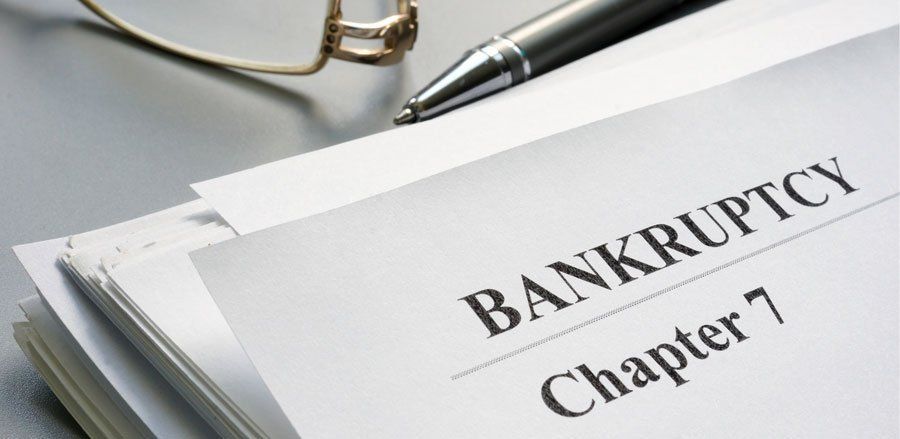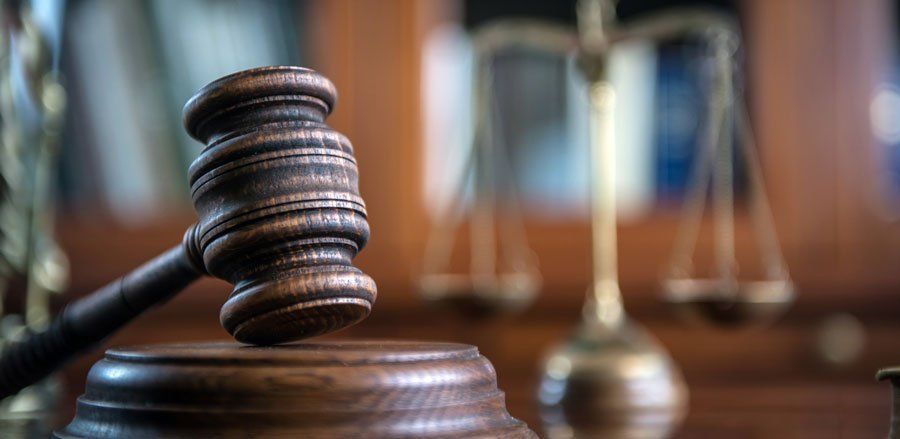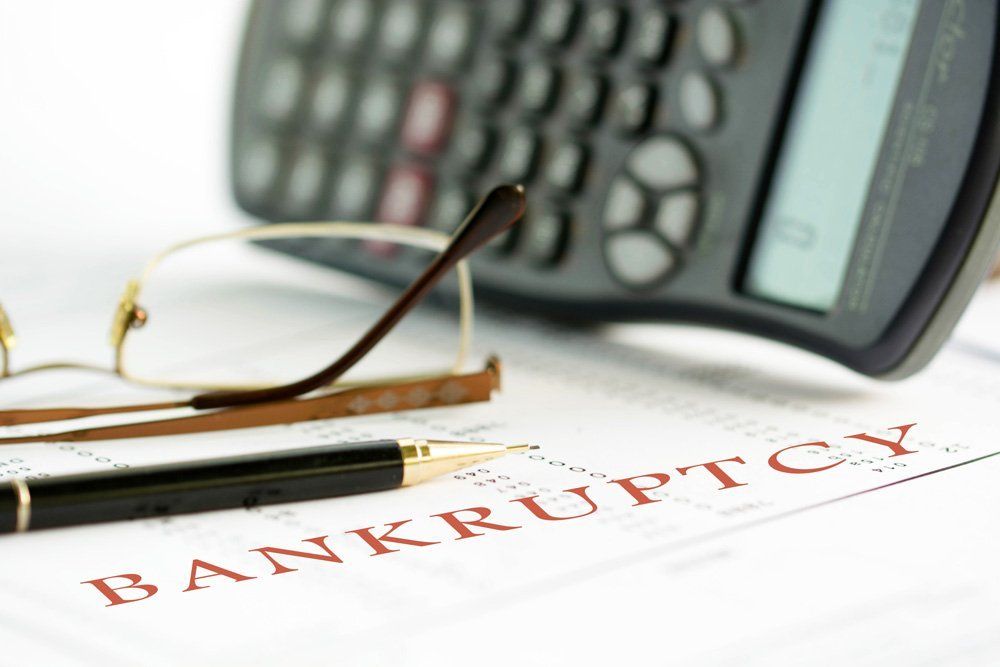What Do the Chapters in Bankruptcy Mean? A Guide

Bankruptcy is an important legal tool for anyone struggling with past debt issues or a current financial crisis. But while the word may be familiar to most Americans, the specifics of the bankruptcy process are often more of a mystery. To help you navigate bankruptcy in the most successful way possible, here is a short guide to the idea of bankruptcy chapters and what they mean for you.
What Are Bankruptcy Chapters?
When talking about bankruptcy, you may often hear the term "chapter." This refers to sections, or chapters, of the United States Bankruptcy Code. These sections each provide different paths for bankruptcy, including both liquidation and repayment. They may also be targeted at different claimants, such as farms, cities, or individuals.
Each person or business filing bankruptcy chooses one chapter and follows the rules for seeking protection under it. You must qualify for each chapter, so some debtors have only one option and others may have several choices.
What Are the Main Chapters for Individuals?
Individuals seeking debt protection generally choose from Chapter 7 and Chapter 13.
Chapter 7 is what most people think of when they think about bankruptcy: liquidation of assets. In this bankruptcy method, your nonexempt assets would be liquidated (or sold) and the money put into a pool of funds with which to pay creditors in a certain order. The bankruptcy court appoints a trustee to handle this fairly. When these funds are depleted, the remaining debts are wiped off and the claimant exits bankruptcy.
Chapter 13 is a less commonly known but important option. Instead of liquidating assets and paying creditors in one lump sum, Chapter 13 creates a repayment plan. This plan is drawn up by the debtor but must be approved by the court. Payment plans generally last between 3 and 5 years. Once that timeline is completed, remaining unsecured debts may be discharged and the debtor exits bankruptcy.
What Are the Main Chapters for Businesses?
The chapters available to businesses depend on the type of business. Sole proprietorships are inextricably linked to the individuals who own them. The individual is the business. Therefore, a sole proprietor would claim bankruptcy through Chapter 7 or Chapter 13, and business assets would be considered in either a repayment plan or liquidation. Partners generally also use personal bankruptcy chapters.
Incorporated businesses have similar options to individuals in the form of Chapter 7 and Chapter 11. Chapter 7, as with personal bankruptcy, is the liquidation of the company's assets to pay creditors and close.
Chapter 11 is known as reorganization bankruptcy and operates like Chapter 13 repayment plans. With this strategy, the business designs a plan that addresses the root causes of the bankruptcy and offers suitable resolution within a certain period of time. If the court approves this plan, the company gets the time to make payments to creditors and get itself back on firm footing.
Finally, certain chapters address the needs of particular organizations. Chapter 12 bankruptcy is designed specifically for farmers (and fishermen). Small businesses filing Chapter 11 may also qualify to get special allowances to make their case more streamlined and appropriate to their small size. And municipalities can file for protection under Chapter 9.
Where Can You Learn More?
Understanding the different chapters in the bankruptcy code is key to choosing the best path for your own. Your best source of information and guidance is an experienced bankruptcy attorney in your state.
Tennessee residents and businesses alike have relied on The Law Office of Joe R. "Jay" Johnson II for more than two decades. We will help you choose the right options no matter what your circumstances. Call today to make an appointment.

Browse Our Website
Contact Information
Phone: 615-384-0284
Fax: 615-384-3224
Email: joe@joejohnsonlaw.com
Address: 115 Fifth Ave. West Springfield, TN 37172
Payment plans available

Business Hours
- Mon - Fri
- - -
- Saturday
- Appointment Only
- Sunday
- Closed
Closed for Lunch, Noon-1 p.m.







